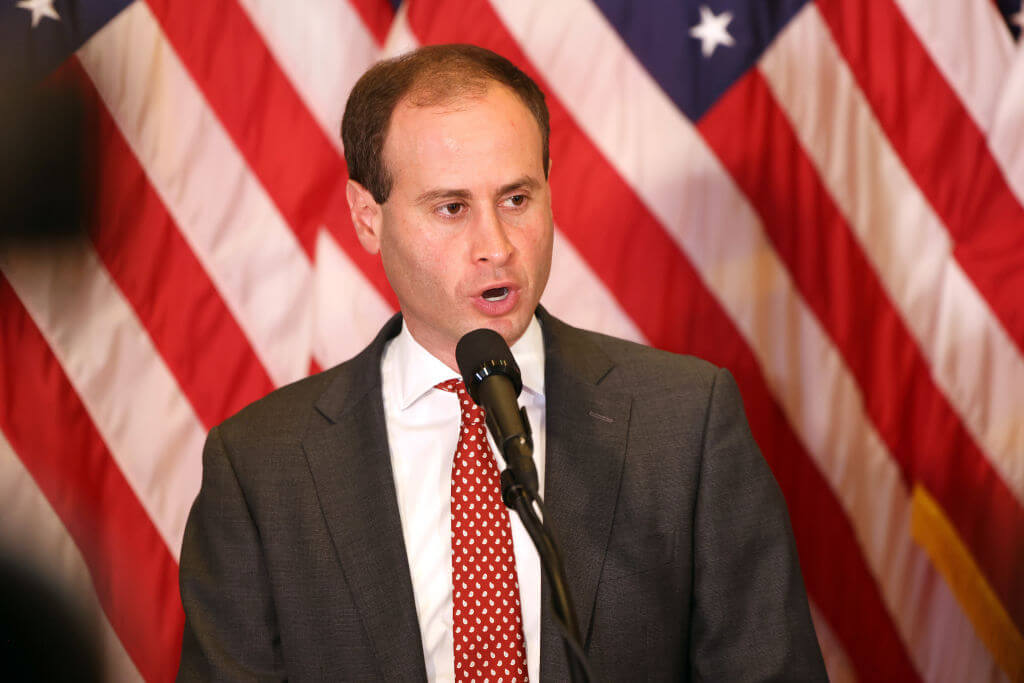March 14, 2008
Rabbi Was No Mob Boss
Contrary to Arts & Culture writer Allan Nadler’s description in a January 25 article, Rabbi Israel Friedman of Ruzhin was an innovative and charismatic Hasidic leader in Russia and Galicia during the first half of the 19th century (“Righteous Indignation: How Are We To Understand the Alleged Spinka Scandal?”).
During this dark period, Israel uplifted the spirits of his followers with images of Jewish ascendancy and pride. His majestic court and the image of Jewish wealth and power he projected inspired hundreds of thousands of his followers and their descendents to view their Jewishness as something to be proud of and to hold on to rather than as a badge of shame.
As for the Ushitz informants that Nadler suggests Israel may have ordered murdered, is it not a sign of his innocence that after lengthy trials, 22 months in prison and the torturing of witnesses to secure corroborative testimony, Tsar Nicholas I’s powerful legal apparatus could not make a case against Israel for the murders?
Israel was a far cry from the decadent mob boss the article makes him out to be. His wealth and solicitations were for the movement and people he led, not for personal pleasure or consumption. Legend has it that his shoes had no soles, something only discovered when he left a bloody trail in his footsteps one snowy day.
Thousands were supported by his charity and generosity. One of the destroyed synagogues in the Jewish quarter of Jerusalem’s old city, the Nissan Bak shul, was built with money Israel raised, on land that he purchased.
This is the rabbi’s legacy — not the decadence Nadler ascribes to him — and I hope more will follow his teachings of honesty, integrity and unwaning love of fellow Jews.
Israel Friedman
New Rochelle, N.Y.
Kasztner Recognized
Arts & Culture writer Adam Fuerstenberg has apparently not visited the Holocaust History Museum at Yad Vashem since it opened in March 2005 (“Tracking Kasztner’s Train,” February 15). In the section of the museum that discusses rescue, resistance and underground movements, a panel is devoted to Reszo Kasztner and his wartime activities. Among approximately 90 personal stories told in the museum, Kasztner is one of them.
Iris Rosenberg
Spokesperson
Yad Vashem
Jerusalem, Israel
Cultivate Love and Joy
It is wonderful that Arts & Culture columnist Jay Michaelson highlights the renaissance of Mussar (“The Path Of the Just: Is Mussar the ‘New Kabbalah’?”, February 29/March 7). His last paragraph, however, could be misread to undercut much of the rest of the article (though I suspect this was not his intention).
It could be misconstrued as almost dismissive, a sort of claim that “all you need is love.” Much of the point of Mussar is that even love and joy must be cultivated, and, at least as Rabbi Ira Stone understands it, cultivation in the context of a spiritual community is the path most likely to avoid the pitfalls of narcissism and empty gestures.
One can be neurotically self-critical, yet not be constructively and appropriately self-critical. One can cultivate joy and even love that is more than mere self-indulgence and narcissism but less than expansive and redemptive.
Raising self-criticism from neurosis to constructive empowerment, and raising love and joy from warm inchoate feelings to redemptive and expansive expression, is part of the work of spiritual discipline — and among the aims of Mussar.
Rabbi Avi Winokur
Society Hill Synagogue
Philadelphia, Pa.
Cut Kosher Deli a Break
Why don’t those people who are more kosher than thou go after bigger fish instead of picking on the 2nd Ave Deli (“2nd Ave Deli Cooks Up Controversy,” February 22)?
Here in Howard Beach, Queens, a kosher deli opened up, with a certificate in the window and everything. But it had to close because kosher customers wouldn’t support the place, because it was open on Shabbat.
So now there is no more kosher anything here in Howard Beach. It was a good feeling to know that I could just walk a couple of blocks and have a delicious kosher pastrami sandwich, with all the kosher trimmings, made with Hebrew National products. Now it’s just treyf for everyone in Howard Beach.
William Berl
Howard Beach, N.Y.
A message from our CEO & publisher Rachel Fishman Feddersen

I hope you appreciated this article. Before you go, I’d like to ask you to please support the Forward’s award-winning, nonprofit journalism during this critical time.
At a time when other newsrooms are closing or cutting back, the Forward has removed its paywall and invested additional resources to report on the ground from Israel and around the U.S. on the impact of the war, rising antisemitism and polarized discourse.
Readers like you make it all possible. Support our work by becoming a Forward Member and connect with our journalism and your community.
— Rachel Fishman Feddersen, Publisher and CEO























